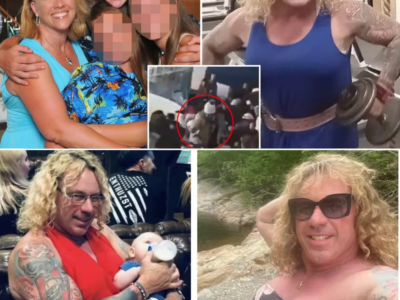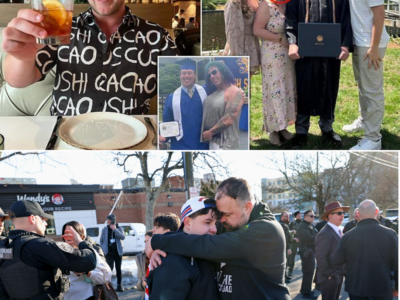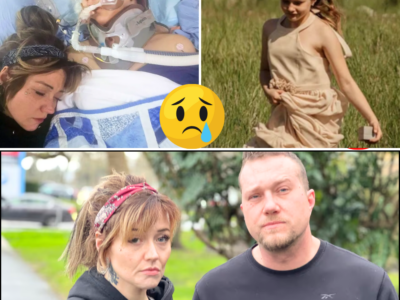
Now acclaimed as the ‘gayest’ Marvel show ever made, Agatha All Along received some hot takes from rightwing collection The Right Squad. Though it isn’t Marvel’s first launch of an LGBTQ+ character, conservatives are just as angry. Not only is it gay, to them, it is a threat to children.
Host Chris Plante takes it a step further by calling it a recruiting video, as if the queers need to recruit like the army. He also states, “We’ve seen it in the schools and the books and the libraries and the genderqueer and the graphic novels, and it’s always the children.” He seems to think the inclusion of an openly gay character is targeting kids. To think that Disney is behind some wicked LGBTQ+ cult is a ridiculous to say the least.
Another panelist, Jason Nichols, felt that the show should have a disclaimer that it is “inappropriate for children.” He also expressed the sentiment that he did not need to see gay people on television to know they exist. If one gay character needs a whole warning, perhaps Nichols might need to stop watching television all together. What’s next, witchcraft?
Oh, well, yes! Jennifer Kale, who plays Sasheer Zamata, a witch in the show, told Variety “Witches are queer, inherently, just because we are outcasts and set aside for many reasons. This show shows a really good representation of different types of people and that we can all use the power we have within to go forward and be great.” A powerful statement against a barrage of hate.
Another meaningless take comes from Melissa Schlapp, the wife of alleged sexual assaulter Matt Schlapp. Schlapp used to run the anti-LGBTQ+ advocacy group the American Conservative Union. His group collapsed after claims by young male staffers were made that Schlapp was taking advantage of them. In a not-so-funny but ironic statement on the show, Melissa says “I mean, it’s just sick. Go back to storytelling; go back to the innocence of children. That’s really where they should focus on.”
The queer character in question is played by Joe Locke, who played Charlie Spring in Heartstopper, a gay icon. Of the project, Locke finds the importance of an out queer character, whose queerness doesn’t define them. He also notes the way that Marvel unites people to bring a lot of different people communities under one commonality. Not many things do that, and using that power to tell diverse stories is important, especially in a time when people still think being gay is inappropriate for children.
Photo courtesy of social media


